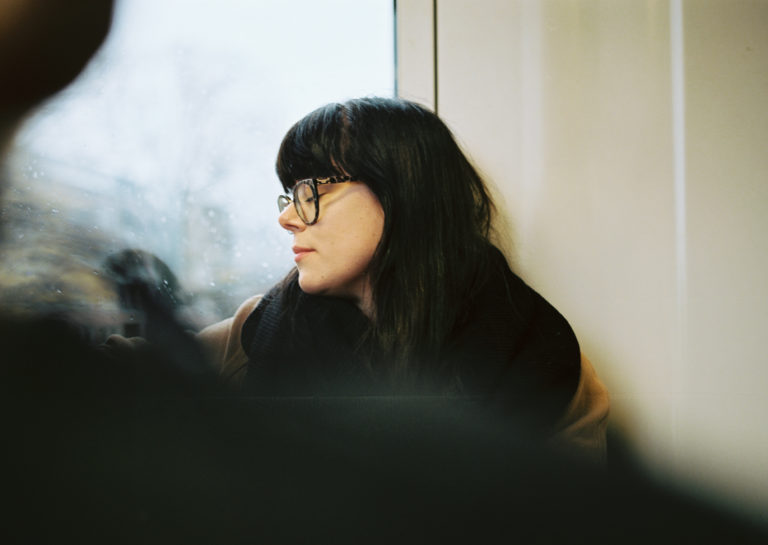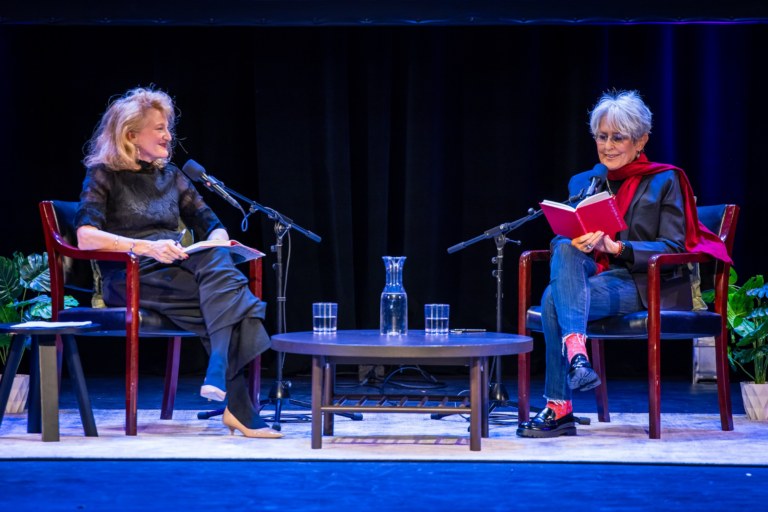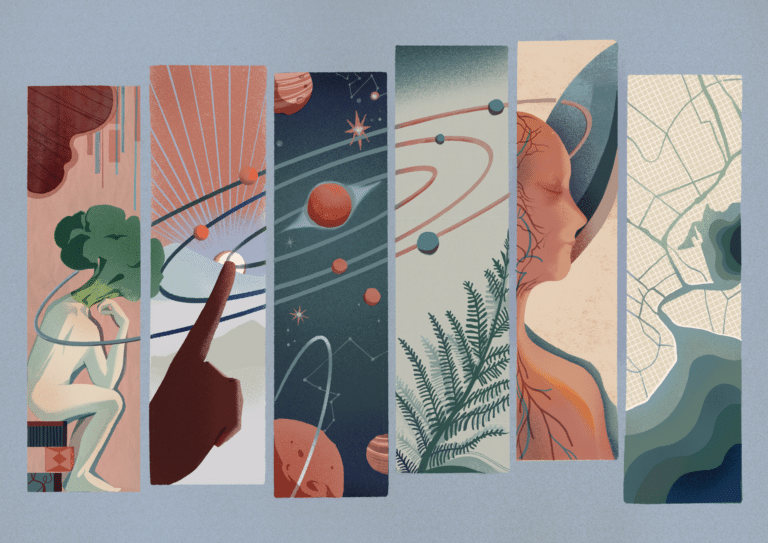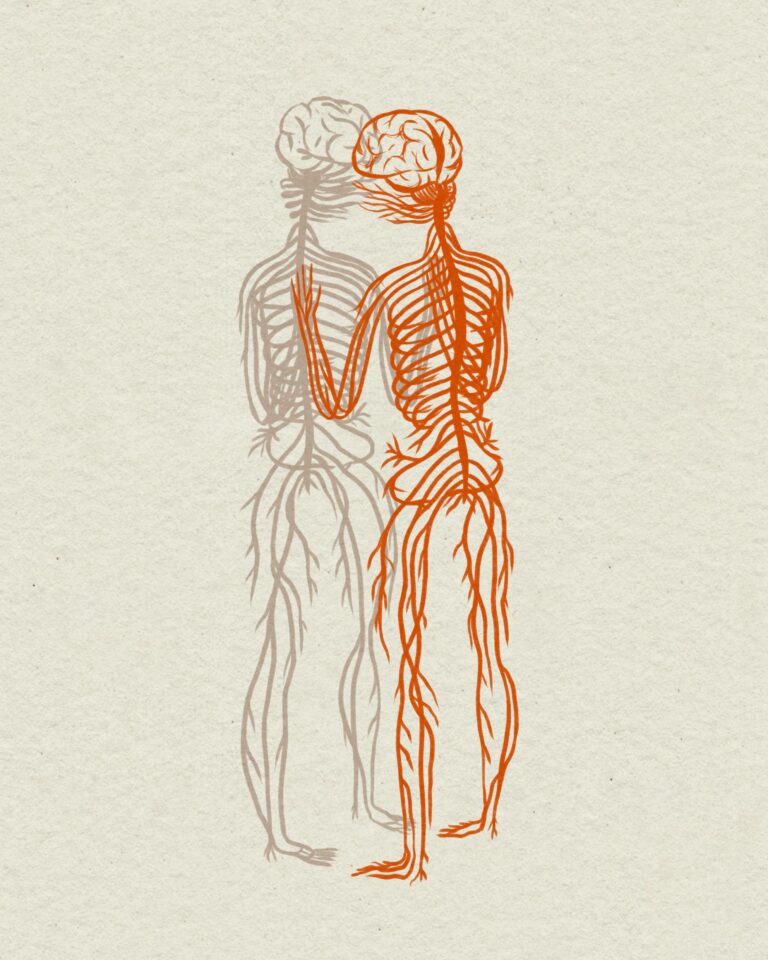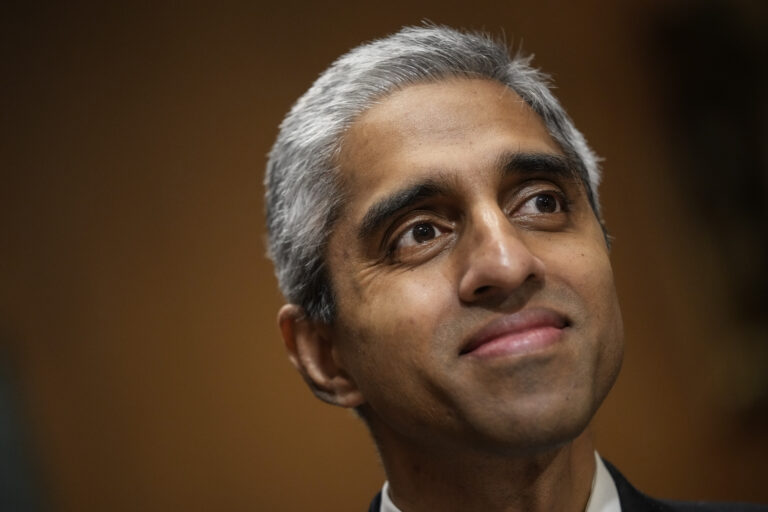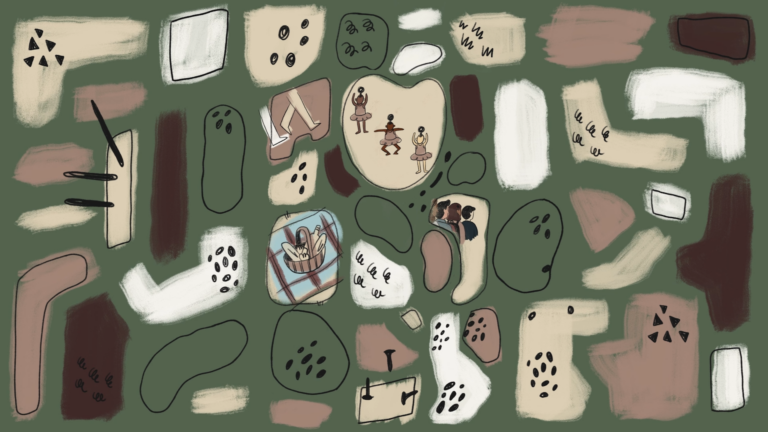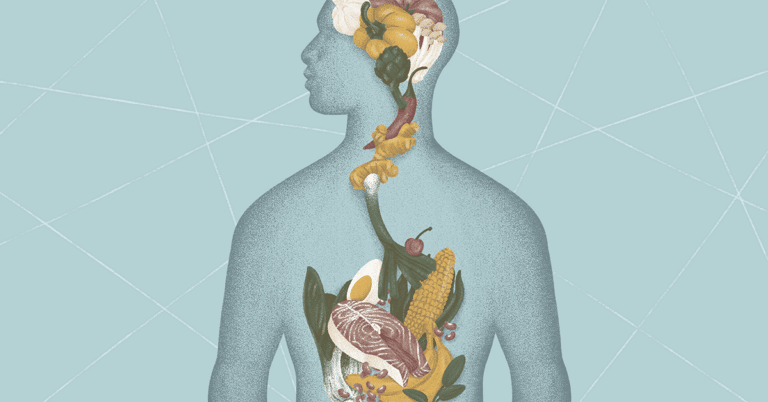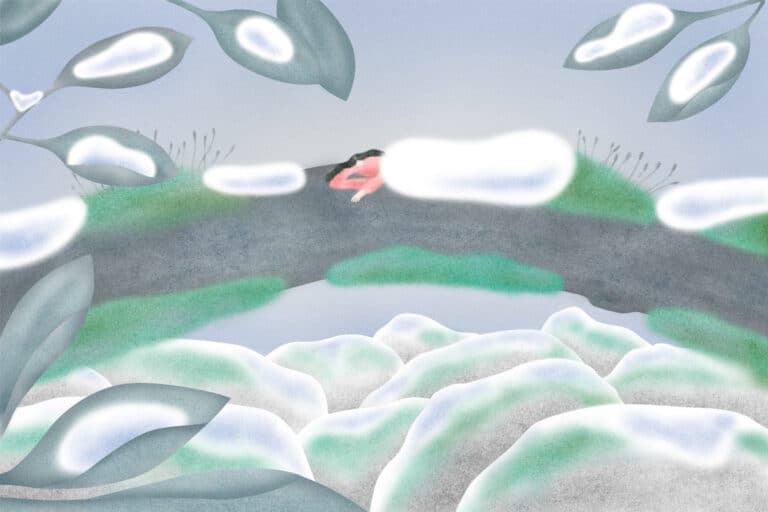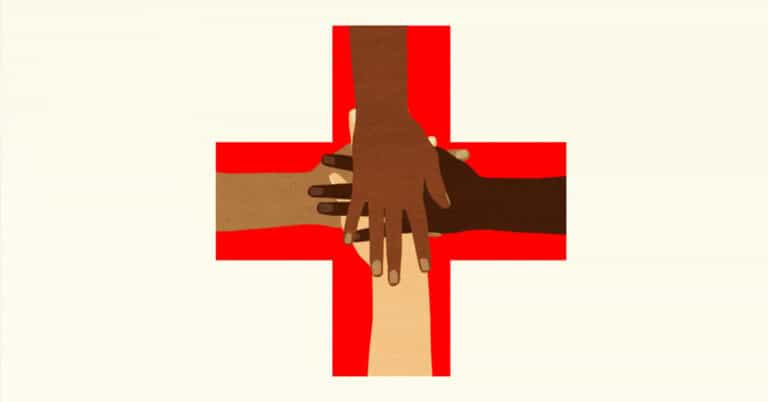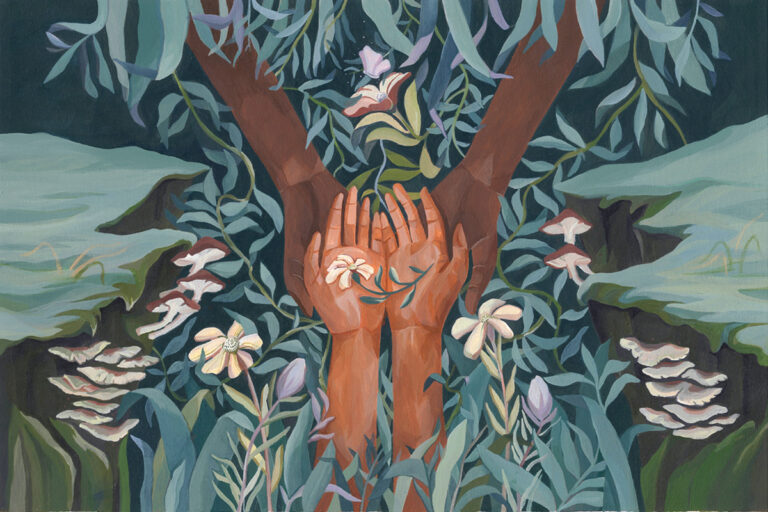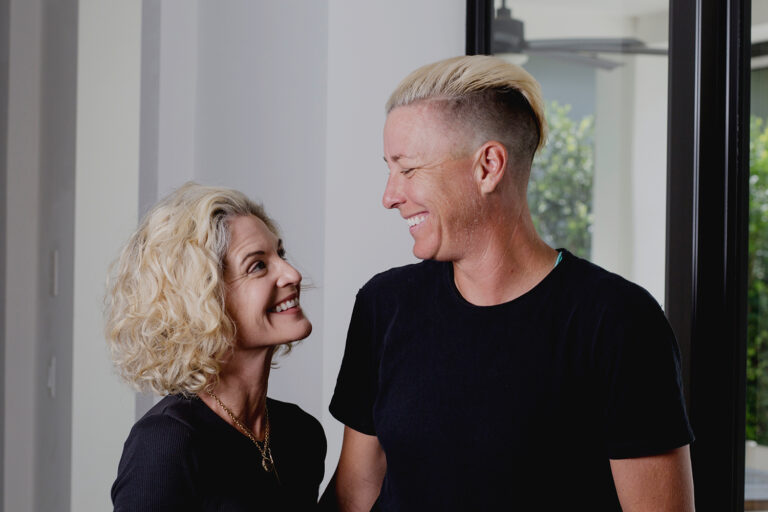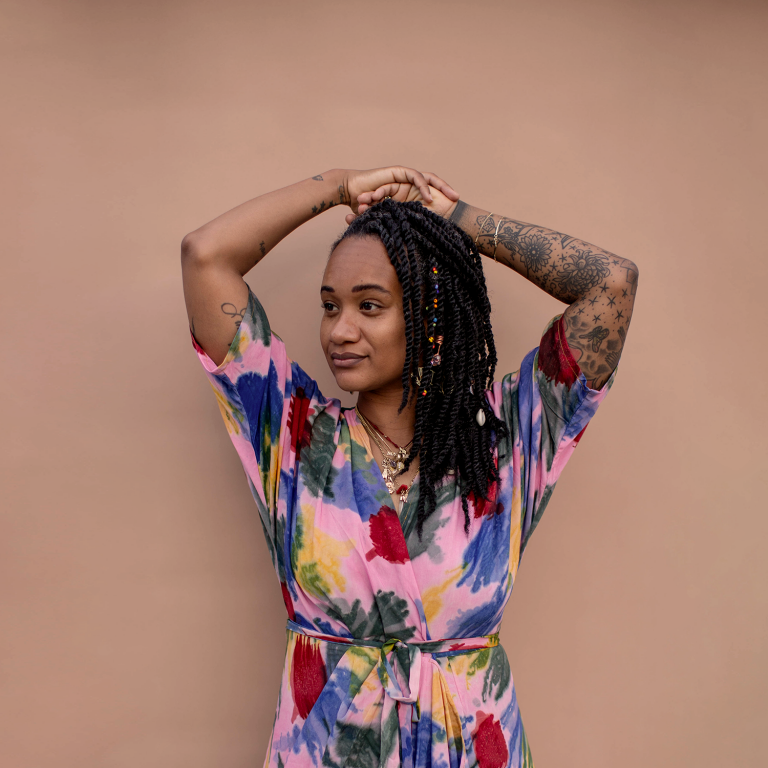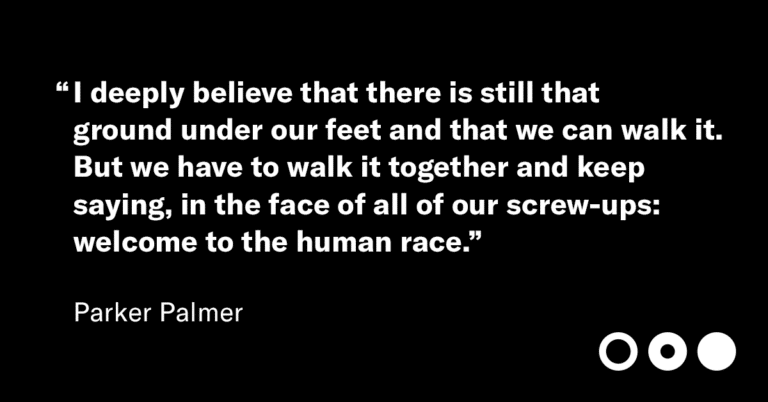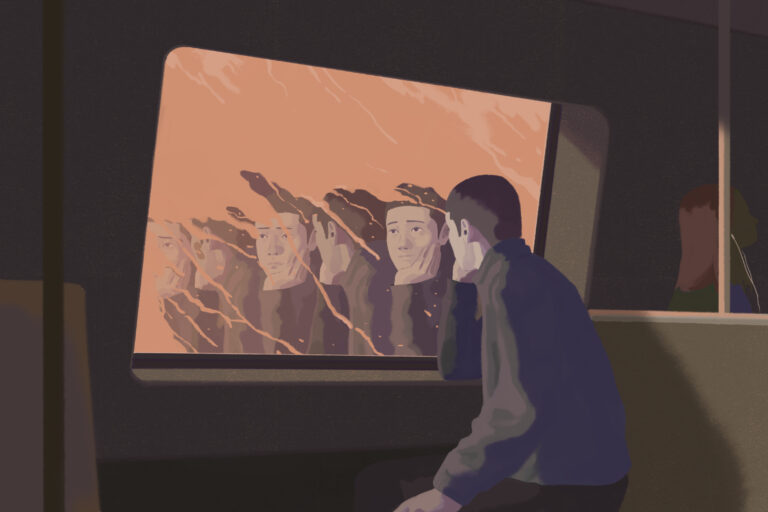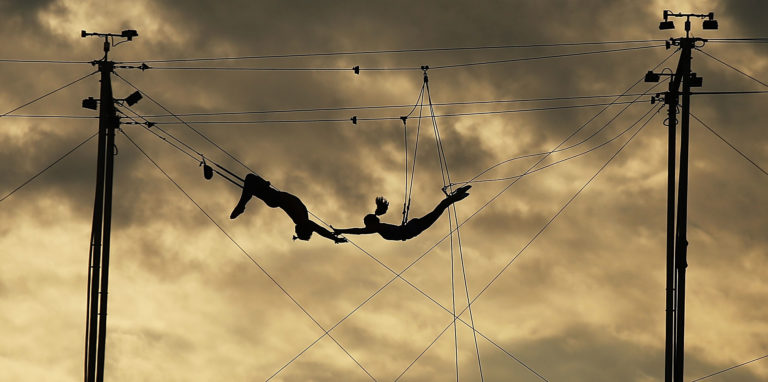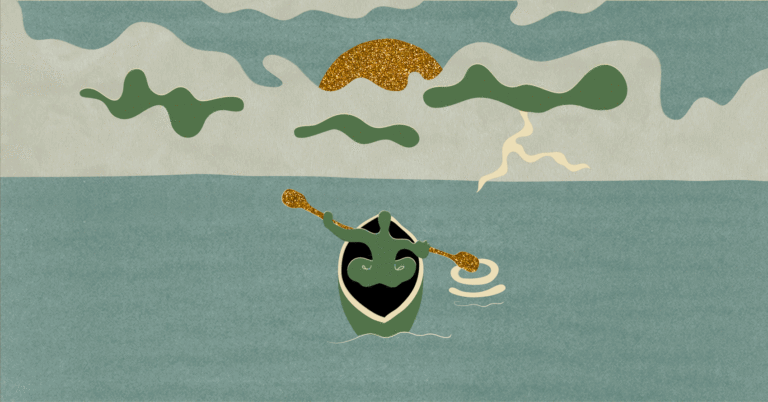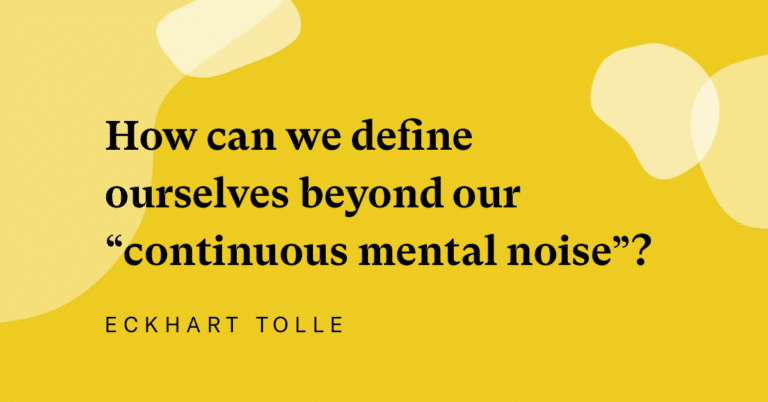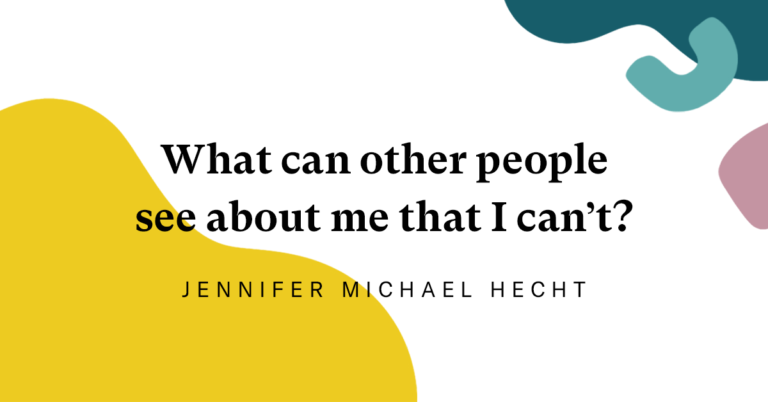Pauline Boss coined the term “ambiguous loss” and invented a new field within psychology to name the reality that every loss does not hold a promise of anything like resolution. Amid this pandemic, there are so many losses — from deaths that could not be mourned, to the very structure of our days, to a sudden crash of what felt like solid careers and plans and dreams. This conversation is full of practical intelligence for shedding assumptions about how we should be feeling and acting as these only serve to deepen stress.
Mental Health
Featured Items
View
- List View
- Standard View
- Grid View
28 Results
Filters
She is known as the voice of a generation. The Queen of Folk. A legend. An icon, the one who sang “We Shall Overcome” alongside Martin Luther King Jr. at the 1963 March on Washington. As much as anyone, Joan Baez embodied the spirit of that decade of soaring dreams and songs and dramas set in motion that echo through this world of ours. Meanwhile, her love affair with a young Minnesota singer-songwriter calling himself Bob Dylan, whose career she pivotally helped launch, is also reentering the public imagination with a big new movie. And her classic heartbreak hit about him, “Diamonds and Rust,” is topping global charts anew.
But Joan Baez at 83 is so much more intriguing than her projection as a legend. She grew up the daughter of a Mexican physicist father and a Scottish mother in a seemingly idyllic family. But even at the height of her fame, she was struggling mightily with mysterious interior demons. She and her beloved sisters finally reckoned in midlife with a truth of abuse they had buried, even in memory, at great cost. She has reckoned with fracture inside herself and been on an odyssey of wholeness. She is frank and funny, irreverent and wise. Among other gifts, she offers a refreshing way in to what it means to sing and live the reality of “overcoming,” personal and civilizational.
Krista spoke with Joan — who has recently published her first book of poetry — on stage at the 2024 Chicago Humanities Festival.
The wonderful civil rights elder Vincent Harding liked to look around the world for what he called “live human signposts” — human beings who embody ways of seeing and becoming and who point the way forward to the world we want to inhabit. And adrienne maree brown, who has inspired worlds of social creativity with her notions of “pleasure activism” and “emergent strategy,” is surely one of these.
We’re listening with new ears as she brings together so many of the threads that have recurred in this season of On Being: on looking the harsh complexity of this world full in the face while dancing with joy as life force and fuel and on keeping clear eyes on the reasons for ecological despair while giving oneself over to a loving apprenticeship with the natural world as teacher and guide. A love of visionary science fiction also finds a robust place in her work and this conversation. She altogether shines a light on an emerging ecosystem in our world over and against the drumbeat of what is fractured and breaking — the cultivation of old and new ways of seeing, towards a transformative wholeness of living.
The years of pandemic and lockdown are still working powerfully on us from the inside. But we have trouble acknowledging this, much less metabolizing it. This conversation with Christine Runyan, which took place in the dark middle of those years, helps make sense of our present of still-unfolding epidemic distress — as individuals, as communities, as a species. She has cultivated a reverence for the human nervous system. She tells truths about our bodies that western medicine itself is only fitfully learning to see. This quiet conversation is not just revelatory, but healing and calming. It holds startling prescience about some of what we’re navigating now. And it offers self-compassion and simple strategies for finding ease within ourselves — and with each other — as we live forward from here.
We need a modicum of vitality to simply be alive in this time. And we’re in an enduringly tender place. The mental health crisis that is invoked all around, especially as we look to the young, is one manifestation of the gravity of the post-2020 world. How to name and honor this more openly? How to hold that together with the ways we’ve been given to learn and to grow? Who are we called to be moving forward? Dr. Vivek Murthy is a brilliant, wise, and kind companion in these questions. He’s a renowned physician and research scientist in his second tenure as U.S. Surgeon General. And for years, he’s been naming and investigating loneliness as a public health matter, including his own experience of that very human condition.
It is beyond rare to be in the presence of a person holding high governmental office who speaks about love with ease and dignity — and about the agency to be healers that is available to us all. There is so much here to walk away with, and into. This conversation quieted and touched a room full of raucous podcasters at the 2023 On Air Fest in Brooklyn.
There are many resources for mental health support. If you’re in the U.S., find some of them here.
One of the most fascinating developments of our time is that human qualities we have understood in terms of virtue — experiences we’ve called spiritual — are now being taken seriously by science as intelligence — as elements of human wholeness. Dacher Keltner and his Greater Good Science Center at Berkeley have been pivotal in this emergence. From the earliest years of his career, he investigated how emotions are coded in the muscles of our faces, and how they serve as “moral sensory systems.” He was called on as Emojis evolved; he consulted on Pete Docter’s groundbreaking movie Inside Out.
All of this, as Dacher sees it now, led him deeper and deeper into investigating the primary experience of awe in human life — moments when we have a sense of wonder, an experience of mystery, that transcends our understanding. These, it turns out, are as common in human life globally as they are measurably health-giving and immunity-boosting. They bring us together with others, again and again. They bring our nervous system and heartbeat and breath into sync — and even into sync with other bodies around us.
The British psychologist Kimberley Wilson works in the emergent field of whole body mental health, one of the most astonishing frontiers we are on as a species. Discoveries about the gut microbiome, for example, and the gut-brain axis; the fascinating vagus nerve and the power of the neurotransmitters we hear about in piecemeal ways in discussions around mental health. The phrase “mental health” itself makes less and less sense in light of the wild interactivity we can now see between what we’ve falsely compartmentalized as physical, emotional, mental, even spiritual. And so much of what we’re seeing brings us back to intelligence that has always been in the very words we use — “gut instinct,” for instance. It brings us back to something your grandmother was right about, for reasons she would never have imagined: you are what you eat. There is so much actionable knowledge in the tour of the ecosystem of our bodies that Kimberley Wilson takes us on this hour. This is science that invites us to nourish the brains we need, young and old, to live in this world.
In so many stories and fables that shape us, cold and snow, the closing in of the light — these have deep psychological, as much as physical, reality. This is “wintering,” as the English writer Katherine May illuminates in her beautiful, meditative book of that title — at once a season of the natural world, a respite our bodies require, and a state of mind. Krista first spoke with Katherine in midwinter 2020, and their conversation continues to offer a helpful container for our pandemic time: as one vast, extended, communal experience of wintering. As 2021 draws to a close — still with so much to metabolize and to carry, with an aching need for replenishment — Katherine May opens up exactly what so many have needed to hear, but haven’t known how to name.
December 2, 2021
Vivek Murthy and Richard Davidson
The Future of Well-being
What if the future of well-being is about “tipping the scales in the world away from fear and toward love”? And what if it’s a surgeon general of the United States, Dr. Vivek Murthy, who talks this way? Krista draws him out with his friend, the groundbreaking neuroscientist Richard Davidson. Together they carry deep intelligence and vision from the realms of science and public health, expansively understood. They explore all we are learning to help move us forward as a species. This conversation was held as a live Zoom event, sponsored by the Center for Healthy Minds.
Pico Iyer is an esteemed journalist and essayist, and an explorer of inner life — for himself and in 21st-century society. For this episode in our Future of Hope series, he draws out writer Elizabeth Gilbert and “her sense of hope based not on a confidence in happy endings, but the conviction that something makes sense — even if not a sense that we can grasp.” Pico’s questions and Liz’s answers are all the more poignant given that both of them have recently suffered deep losses. These two friends delve into what it means to retreat into smallness, and grapple with a complex understanding of hope, as the world continues to overwhelm.
Glennon Doyle’s book Untamed has been a sensation of 2020 and beyond, and now she’s launched a new podcast titled with words of hers that have become a cultural force: We Can Do Hard Things. Meanwhile her wife, the soccer icon Abby Wambach, has her own bestselling books and is hosting a new tv show – Abby’s Places on ESPN+. Krista spoke with them before they were quite so much in the public eye together, and it’s a window into the passions that brought them here. They sat together in Seattle at the 2018 summit of Women Moving Millions, a consortium of women testing the meaning and boundaries of philanthropy. And courage was the theme of the day.
Alex Elle complicates the idea of self-care, opening it up as community-care, as a way towards generational healing. And she’s revivifying the meaning of meeting one’s “inner child” for a new generation. Our colleague Lily Percy says she could not have survived the physical isolation of the pandemic without Alex’s writing, teaching, and Instagram presence. So Krista hands over the mic to Lily for this conversation.
A companion conversation to Parker Palmer’s reflections in this week’s On Being, about the soul in depression. Krista catches up with her friend and teacher in 2021. Plus, Parker learns to use QuickTime.
We’re increasingly attentive to the many faces of depression and anxiety, and we’re fluent in the languages of psychology and medication. But depression is profound spiritual territory; and that is much harder to speak about. This is an On Being classic. Krista opens up about her own experience of depression and talks with Parker Palmer, Anita Barrows, and Andrew Solomon. We are putting this out on the air again because people tell us it has saved lives, and so many of us are struggling in whole new ways right now.
December 17, 2020
Jennifer Michael Hecht
‘We Believe Each Other Into Being’
“We are indebted to one another and the debt is a kind of faith — a beautiful, difficult, strange faith. We believe each other into being.” That’s the message the philosopher, poet, and historian, Jennifer Michael Hecht, puts at the center of her unusual writing about suicide. She’s traced how Western civilization has, at times, demonized those who died by suicide, and, at times, celebrated it as a moral freedom. She has struggled with suicidal places in her life and lost friends to it. She proposes a new cultural understanding based on our essential need for each other.
Pauline Boss coined the term “ambiguous loss” and invented a new field within psychology to name the reality that every loss does not hold a promise of anything like resolution. Amid this pandemic, there are so many losses — from deaths that could not be mourned, to the very structure of our days, to a sudden crash of what felt like solid careers and plans and dreams. This conversation is full of practical intelligence for shedding assumptions about how we should be feeling and acting as these only serve to deepen stress.
In this “spiritual book club” edition of the show, Krista and musician/artist Devendra Banhart read favorite passages and discuss When Things Fall Apart, a small book of great beauty by the Tibetan Buddhist teacher Pema Chödrön. It’s a work — like all works of spiritual genius — that speaks from the nooks and crannies and depths of a particular tradition, while conveying truths about humanity writ large. Their conversation speaks with special force to what it means to be alive and looking for meaning right now.
“There is a place inside me that is far more powerful than the continuous mental noise,” says Eckhart Tolle. The spiritual teacher began to gain attention with his 1997 book, The Power of Now. Millions of people around the world have found pragmatic tools in his vision that fundamentally complicates the notion, “I think, therefore I am.”
“Imagine yourself alone on this planet. Would anything be the same?” Jennifer Michael Hecht is a poet, philosopher, and historian who wants to change the way we talk to ourselves and each other about suicide and staying alive — starting with her insistence that we believe each other into being. “Sometimes when you can’t see what’s important about you, other people can.”
Editor’s note: Given the focus of Jennifer Michael Hecht’s work, this episode briefly touches on the topic of suicide.
The Pause
Join our constellation of listening and living.
The Pause is a monthly Saturday morning companion to all things On Being, with heads-up on new episodes, special offerings, event invitations, recommendations, and reflections from Krista all year round.
Search results for “”
View
- List View
- Standard View
- Grid View
Filters
